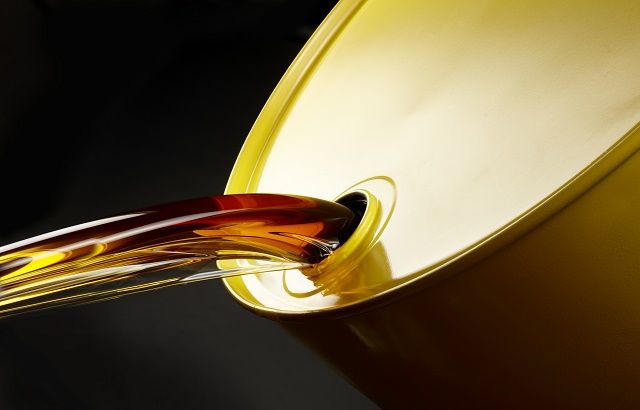Countries around Europe are bolstering their ability to generate energy in order to move away from dependence on Russian supplies.
As reported by multiple outlets, governments in Germany and France are looking at how to move away from needing Russia supplies, given the country’s invasion of Ukraine in recent weeks.
This week, German announced that it was ordering €1.5bn of non-Russian liquefied natural gas, while simultaneously slowing its exit from coal. According to Reuters, Russia currently supplies 38% of Germany’s gas. Combined with coal, this amounted to 43% of the country’s gross power production in 2021. The new supplies are understood to come from the Middle East and the US.
As Deutsche Welle reported earlier this week: “About 55% of Germany’s gas imports come from Russia, as well as approximately 50% of hard coal and 30% of oil. Though the strategic reserve for oil must last for 90 days in Germany, there is no such requirement for gas and coal. Companies decide on their reserves.”
The country, under orders from new chancellor Olof Scholz, has already stopped the certification of the Nord Stream 2 pipeline between itself and Russia.
Deutsche Welle said ominously that the current situation is liable to have a deleterious effect on current efforts to decarbonise Germany’s energy setup.
It wrote: “What is certain is that energy prices will continue to rise as supplies become scarcer. The German government therefore wants to abolish the levy that electricity customers have been using to help finance the expansion of renewable energies. This will tear another hole in the already increasingly burdened state coffers, leading to a shortfall of an estimated €1.1bn ($1.22bn) per month.”
Meanwhile, French president Emmanuel Macron said in a televised speech that Europe should look after its military security (echoing Scholz’s speech a few days ago). This follows the unveiling a few weeks ago of France’s long-term energy plan, which Euractiv reported includes building 50 offshore wind farms and six nuclear reactors.







